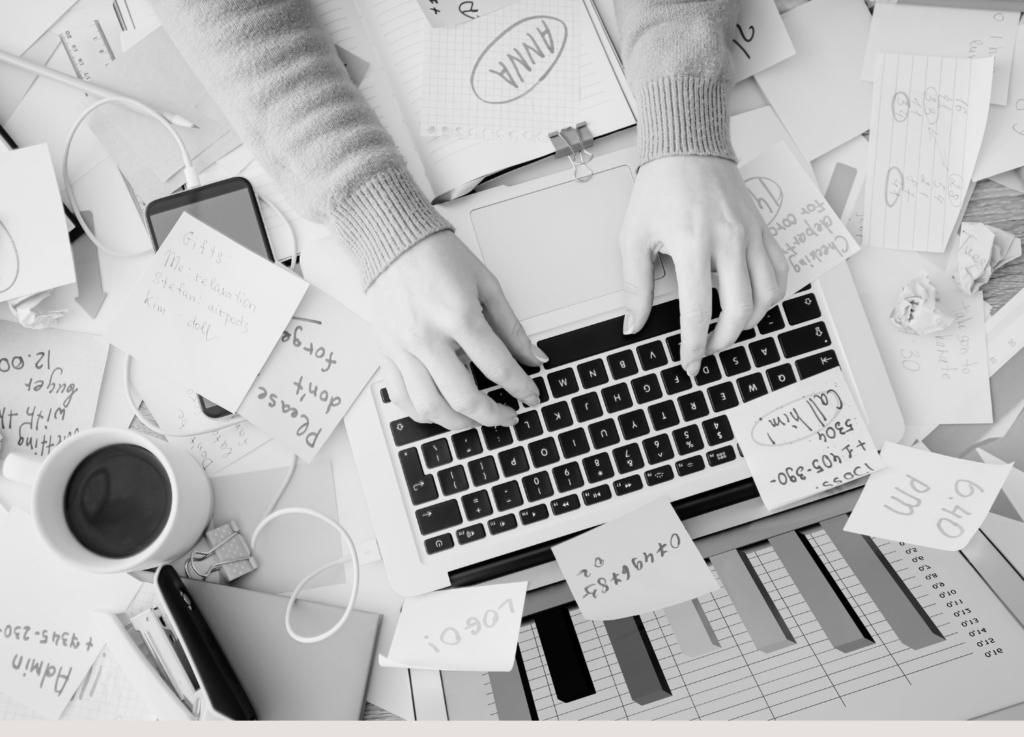With the wide availability of technology productivity tools, one might think workplace time management would be at its peak. Project management software organizes and prioritizes tasks for teams, automation tools streamline repetitive work, and productivity apps make scheduling and note-taking a breeze. Yet despite all this, employees—from entry-level to executives—are finding it harder than ever to stay focused. So the questions is… is technology helping or hurting our efficiency and well-being?
A core element of resilience, according to my Flourish@Work framework, is the ability to set and work toward meaningful goals. Focus provides structure, clarity, and a sense of accomplishment—all vital for mental well-being. When focus is lost, it diminishes purpose and confidence, leaving us feeling ineffective and directionless. Many aspects of modern work are chipping away at our ability to concentrate, and as a result, our well-being is suffering.
One major challenge is today’s “Urgency Culture,” which pushes people to respond immediately to every personal and professional request. This constant pressure and frequent interruptions make it difficult to focus on essential tasks and engage in the deep work necessary to feel productive. This sense of being “always on” can lead to feelings of ineffectiveness, strained relationships, mounting stress, and ultimately burnout.
Another obstacle is our shrinking attention span. A Microsoft study found that attention spans have significantly decreased due to the quick, frequent shifts in focus caused by digital media consumption. Researchers describe “popcorn brain” as the condition in which our brains become accustomed to rapid stimulation, making it harder to engage in deep, sustained focus. Even when we resist multitasking, it’s still difficult to maintain the same level of concentration we once had.

Lastly, the addictive nature of technology makes it tough to disconnect. Social media platforms and apps are designed to keep users engaged through algorithms, infinite scrolling, and personalized recommendations. This reduces our ability to focus on non-digital tasks, causing us to pay less attention to those around us or to the simple but essential tasks at hand.
Here are three simple strategies to protect your time and stay focused:
- Take 5-minute device-free breaks several times a day to refocus and prioritize.
- Disable non-essential notifications to reduce stress from constant alerts.
- Schedule dedicated blocks of time for deep work and responding to emails, promoting natural productivity cycles during work hours.
Technology can enhance our productivity, but we must be deliberate. By cutting out unnecessary distractions and creating time for focused work, we can harness technology to our advantage rather than let it control us.

+ show Comments
- Hide Comments
add a comment